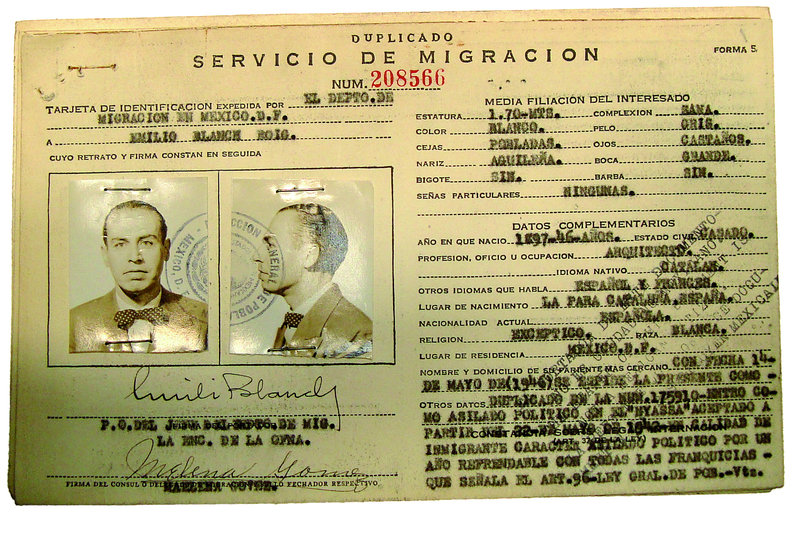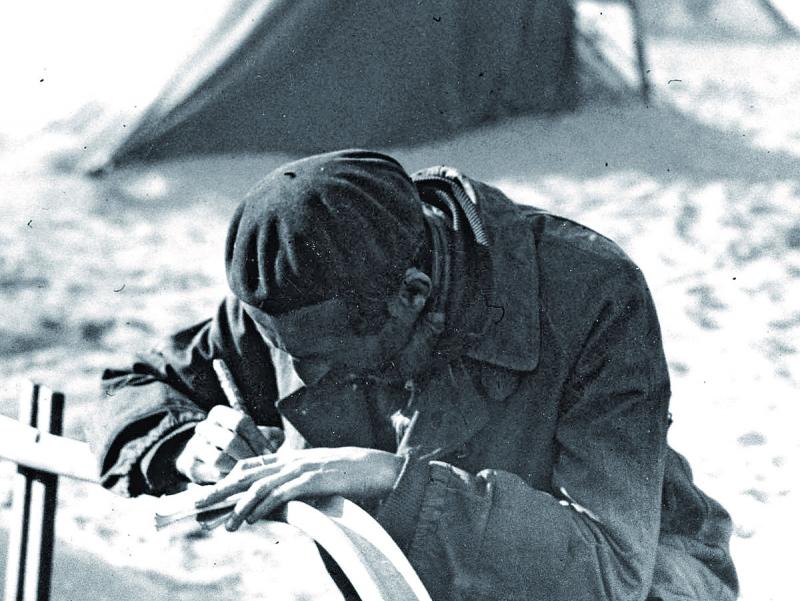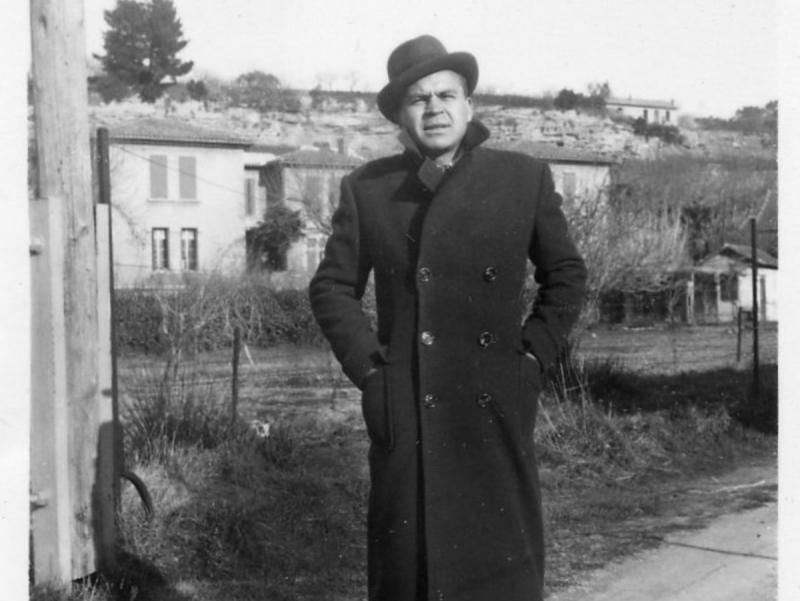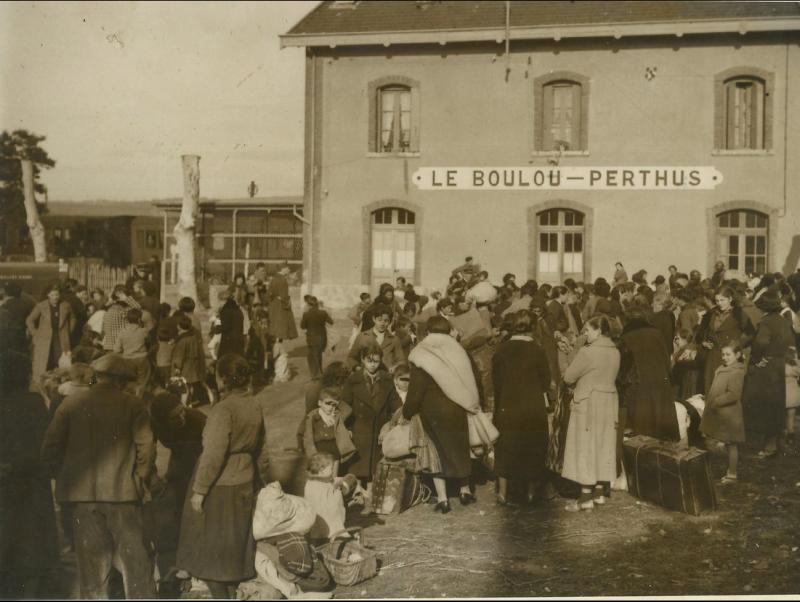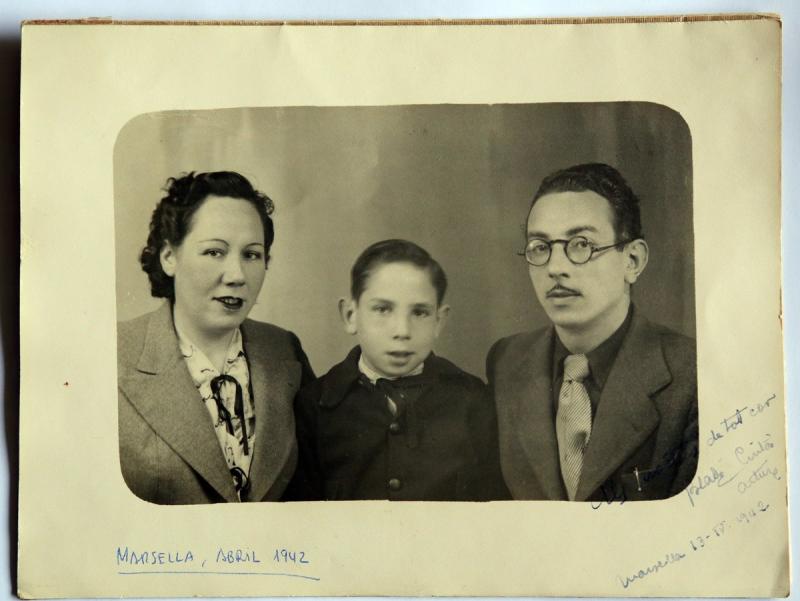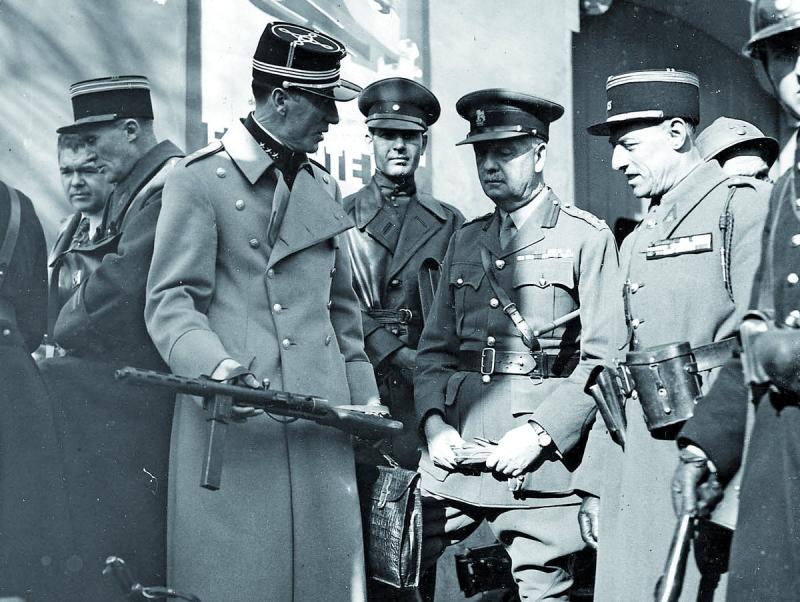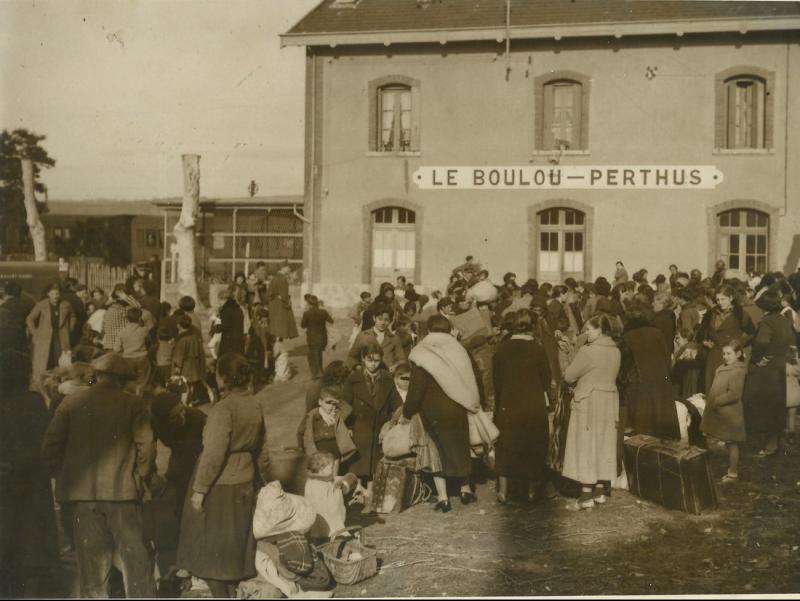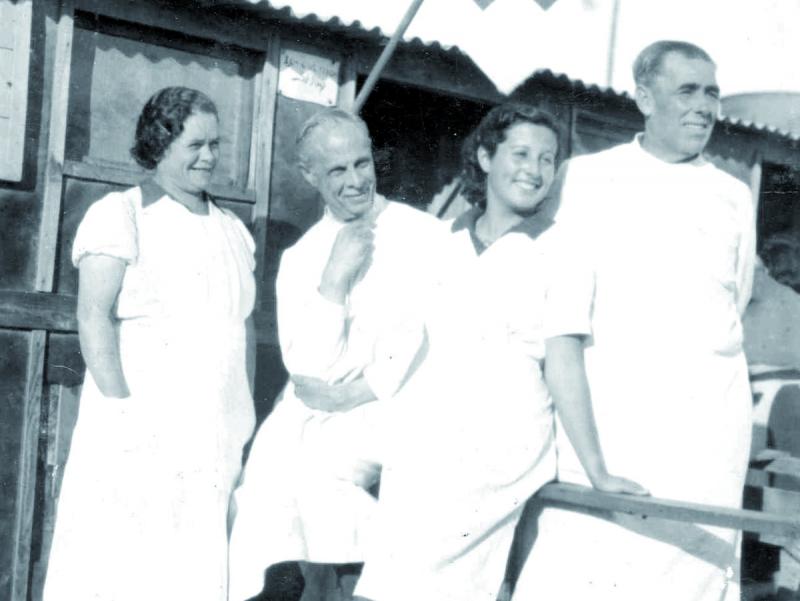Emili Blanch i Roig
“At the Portbou border, after hours of waiting, the rain having stopped in the middle of the night, we were finally able to cross over with the Catalan Government Commissioner Josep Mascort. But the French only allowed the Commissioner in as he had a diplomatic passport, and they made me turn back. After thinking about it for a moment, I quickly dashed down the road towards Cervera, exposing myself to the shots of the Senegalese colonial soldiers, who were there to stop us from fleeing. They called out to me to stop and go back, but I ignored them and managed to reach a bend in the road unharmed.
I arrived in the town of Cervera but couldn’t find a living soul to ask at that time of night, so I followed the railroad tracks until I reached the station and jumped a fence to get in. Finally, a French railroad worker accompanied me to a train that he said was leaving the next morning for Perpignan and very kindly invited me to get on. That train had actually been organised to save people from the cruel Francoist repression and was already occupied by a large number of people sitting on wooden benches in almost total darkness, so it was impossible to recognise anyone. A gentleman, who once in conversation I found out was the brilliant poet Antonio Machado, made space for me between him and his mother, an honour I have remembered my whole life.
The next day I came to personally know Carles Riba, the great poet, critic and essayist, of whom I have always been an enthusiastic admirer, and who, given my circumstances of being stripped of money, paid my passage to Perpignan, which cost seven francs. I am eternally grateful. In Perpignan, my wife, who had been authorised to enter France two days earlier, was already waiting for me. Thus began our three-year exile in the capital of Roussillon, first, and then in the university city of Montpellier – where the government of Catalonia had already arranged to accommodate the most committed expats – followed by seven further years in exile in Mexico.”

